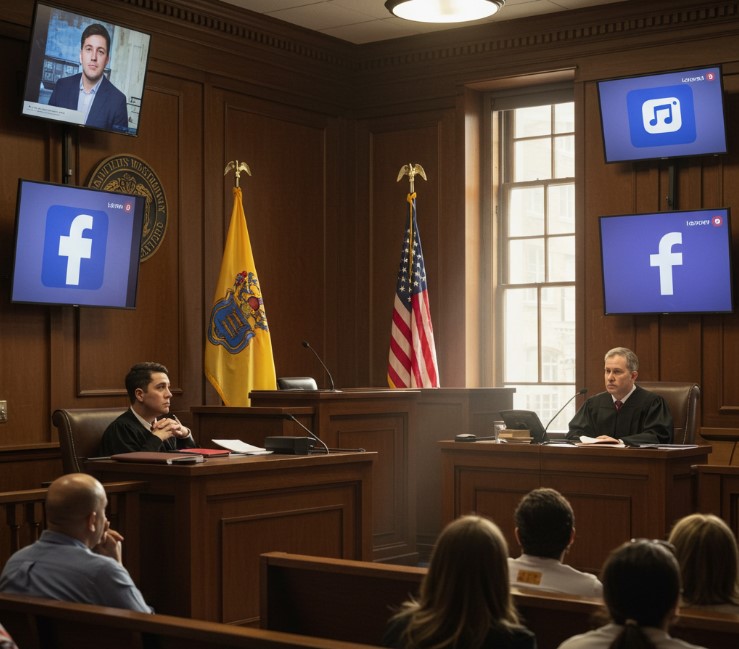Many years ago in America, it was typical for minors (children under the age of 18 years old) to work long hours, often skipping school, in dangerous and unsanitary working environments. In response to that toxic situation, child labor laws were passed in our Country. The purpose behind those laws, many still in place today, was and is to protect the emotional well-being, health, and safety of vulnerable minors and to ensure that adults are not illegally profiting from their labor.
In New Jersey, child labor laws have existed for many decades, all in an effort to protect the State’s vulnerable minors.
Some aspects of these child labor laws include:
- Limiting the amount of hours a minor can work;
- Defining times of the day and of the year in which a minor can work;
- Requiring mandatory break periods for minors;
- Listing prohibited and permitted jobs for minors;
- Stating jobs that mandate overtime pay for minors;
- Enforcing minimum wage requirements for minors;
- And requiring working authorization forms (“working papers”) as a condition of employment.
As schools and our working-age kids get out for the summer, and many are looking for summer jobs, a new law, New Jersey Bill A4222, will go into effect on June 1, 2023.
The purpose behind this bill is to continue to protect working minors, particularly those who are seasonal summer employees, while also providing Garden State employers with able-bodied and willing seasonal employees.
The motivation behind the bill was to eliminate the cumbersome working paper process that is currently required and to increase seasonal employment (including hours worked) due to a historically low “drought” of seasonal workers (as publicized in the summer of 2021). Many seasonal businesses, such as amusement parks, pool clubs, ice cream shops, and even the Jersey shore beaches, had to either close down or significantly cut their operating hours due to a shortage of seasonal employees.
The new NJ child labor law will increase the hours that minors can work during the summer season (defined as the time between the last day of school year and Labor Day Monday).
- 16 and 17 year old employees can work up to 50 hours a week (up from 40 hours)
- 14 and 15 year old employees can work up to 40 hours a week
- 16 and 17 year olds can work up to 10 hours per day
- 15 and 16 year olds can work up to 8 hours per day
- Additionally, all minors must be given a 30-minute break after working 6 continuous hours (up from 5 hours).
In addition, the new NJ child labor law simplifies the current process of obtaining working papers. Currently, working papers (A300) must be submitted to the employer each year (even if the minor is doing the same job as the year before). The working papers, as they currently stand, must also be signed by the minor’s parent, doctor, school and employer.
The new law will substantially simplify and streamline the process of obtaining working authorization forms. The working papers will now be digital and on a portal created by the New Jersey Department of Labor and Workforce Development (NJ-DOL). Working papers can be filled out online and accessed via: MyWorkingPapers.nj.gov.
NJ-DOL created a downloadable poster and a social media kit to publicize this new law; to explain the new, easier way to get working papers; and to advise the reasons behind these needed changes. This new working minors portal will allow employers to register one time and provide the minor with a unique code. The minor will fill out the working papers and input the unique code. The minor’s guardian will have to verify the minor’s age after they receive a digital notification. Finally, both the minor and the employer will be notified when the working papers are approved by the NJ-DOL.
Hopefully, as the days grow longer and the sun shines brighter, many New Jersey seasonal businesses will continue to protect our child workers. At the same time, employers will be able to remain open to provide much appreciated fun, entertainment, and amusement for all of us! This is especially true and needed as the COVID-19 public health emergency officially ends.














